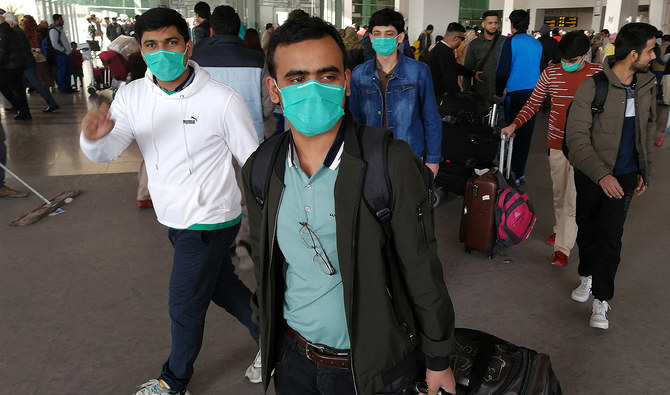ISLAMABAD: The government decided to implement necessary measures to prevent the spread of a new coronavirus variant, JN-1, by deciding earlier this week to test two percent of passengers arriving in the country, revealed an official notification circulated on Wednesday.
Pakistan’s COVID-19 experience was marked by several challenges and phases. Initially, the country faced a rapid spread of the virus, leading to strict lockdowns and pressure on its healthcare system. Despite limited resources, however, Pakistan implemented effective measures such as smart lockdowns, mass testing and public awareness campaigns.
Over time, the situation improved with a decrease in infection rates and the rollout of vaccination programs. The country’s response, adapting to changing scenarios and collaborating with international agencies, played a key role in managing the pandemic’s impact.
Referring to its latest meeting on January 2, the National Command and Operation Center (NCOC), which served as the country’s pandemic response body, said in its notification it was “vigilantly observing the situation” in other countries that witnessed a surge in the cases of viral infections.
“In this regard,” it added, “following decisions were made by NCOC for all international travelers: Implementation of 2% screening of all travellers coming through all Points of Entry (PoEs); stringent vigilance at all PoEs; and ensure visibility of staff at all times at respective areas.”
The notification addressed the top officials of the Civil Aviation Authority, Border Health Services Pakistan and Pakistan International Airlines.
The World Health Organization has named JN-1 a variant of concern, indicating that it is being closely monitored, but it has not been added to the high-risk “watchlist” of strains.
Symptoms of JN-1 are thought to be similar to those of other members of the Omicron family of COVID-19 variants, typically starting with a sore throat, followed by congestion and a dry cough.
So far, Pakistan has not reported any case of JN-1.
















